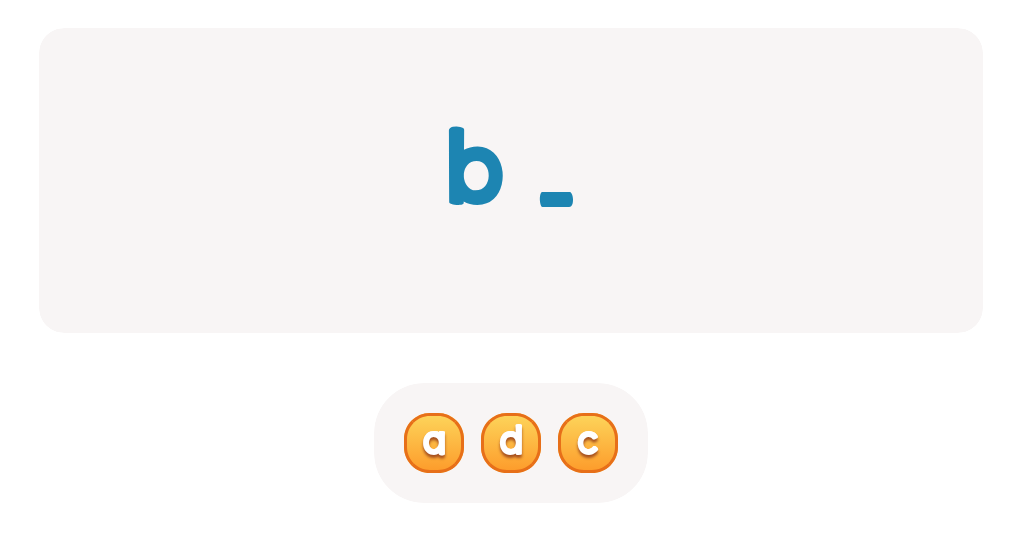Handwriting Skills Normal ABC Letters Worksheets for Ages 4-7
5 filtered results
-
From - To
Unlock your child's potential with our "Handwriting Skills Normal ABC Letters Worksheets," designed specifically for ages 4-7! These engaging, printable worksheets support early literacy development, helping children practice and perfect their letter formation and handwriting techniques. Each worksheet features clear and colorful letters, making learning fun and interactive. From tracing to writing independently, these resources are perfect for reinforcing classroom learning at home. Ideal for preschoolers and kindergarteners, our worksheets promote fine motor skills, boost confidence, and foster a love for writing. Equip your child with essential early writing skills—download our worksheets today and watch their handwriting flourish!
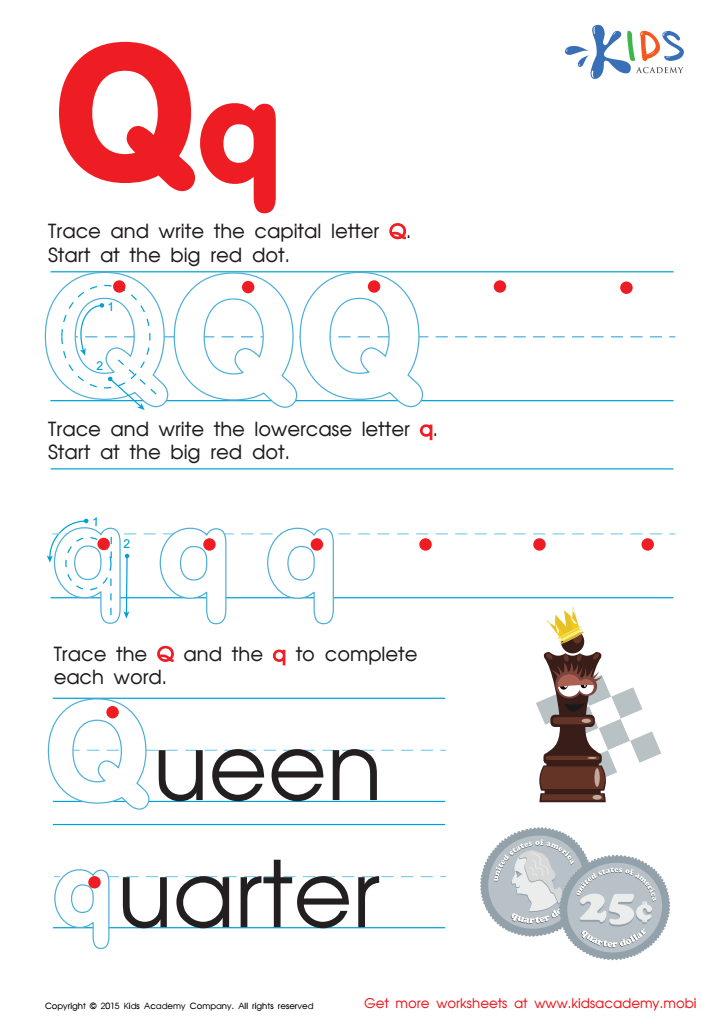

Letter Q Tracing Page
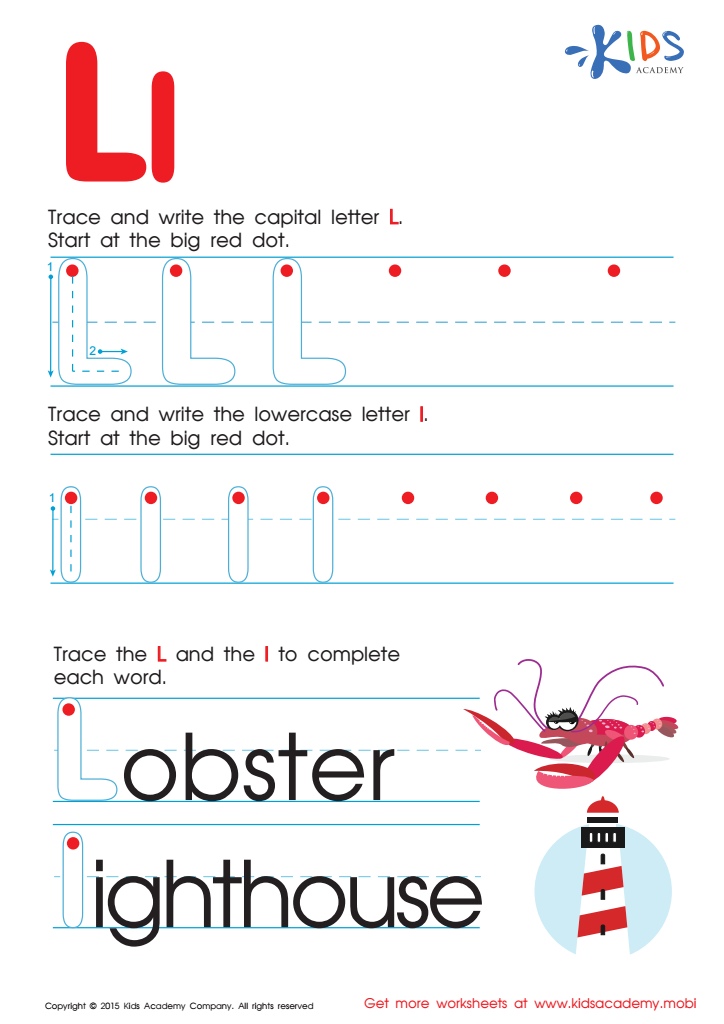

Letter L Tracing Page
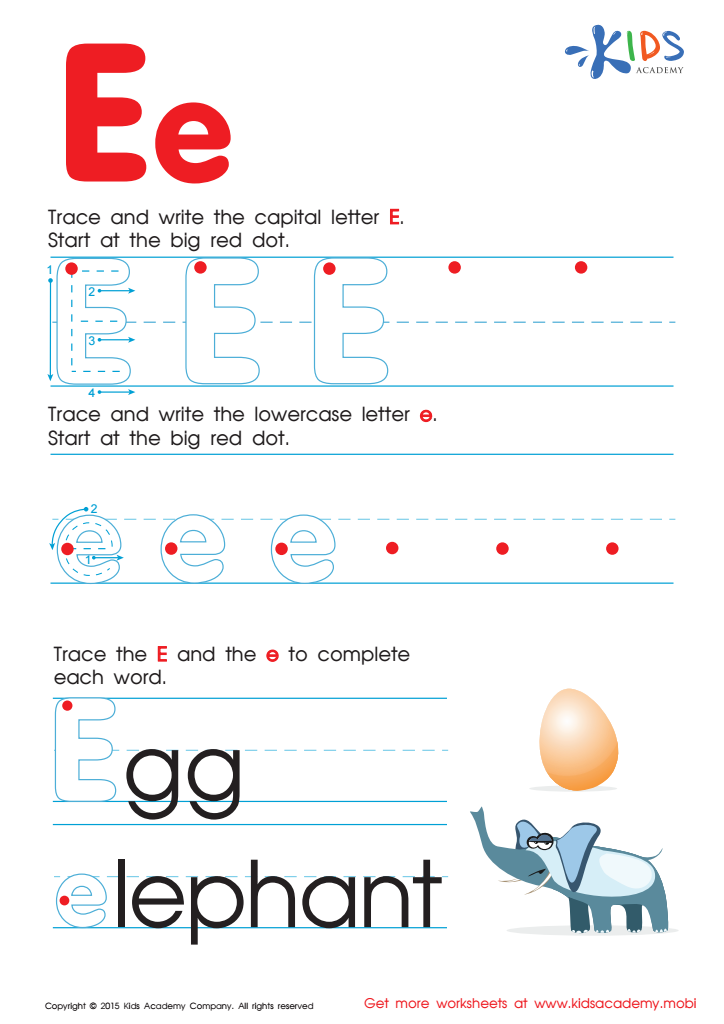

Letter E Tracing Page
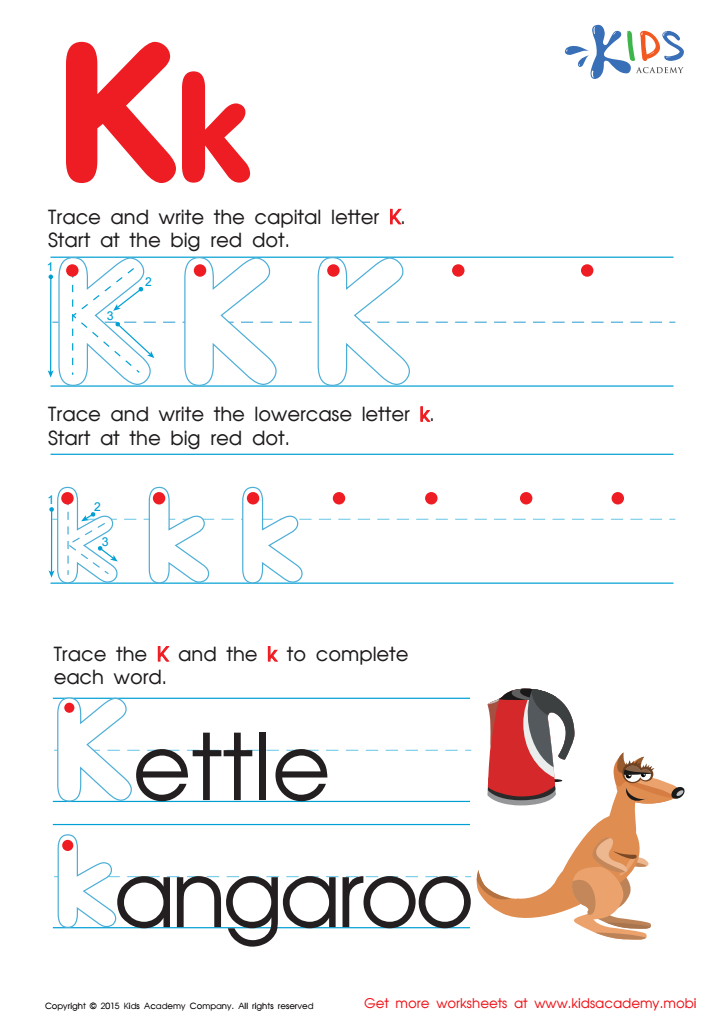

Letter K Tracing Page
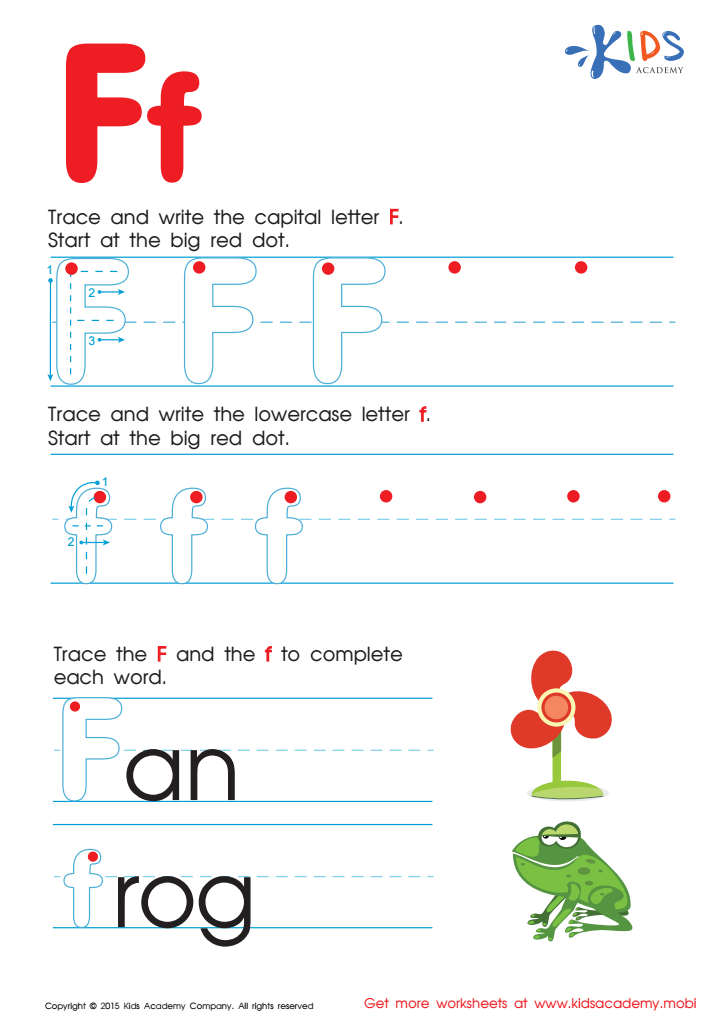

Letter F Tracing Page
Parents and teachers should prioritize handwriting skills for children ages 4-7 because these skills lay the foundation for effective communication and academic success. At this developmental stage, children are mastering fine motor skills, and writing is instrumental in enhancing their hand-eye coordination and dexterity.
Normal ABC letter formation helps children develop their cognitive skills, as they learn to recognize letters, sounds, and the connection between written words and their meanings. As they practice handwriting, they also improve their concentration and focus, which are crucial traits for their overall learning experience.
Moreover, handwriting fosters creativity and self-expression. When children are able to express their thoughts clearly, they gain confidence and are more likely to participate in class activities.
Additionally, good handwriting can have a positive impact on a child’s self-esteem. Receiving accolades for neatly written work can motivate children to put more effort into their assignments.
Finally, in our increasingly digital world, developing strong handwriting skills ensures that children will not lose touch with traditional forms of communication. This blend of cognitive, motor, and emotional benefits underscores why handwriting development is essential during these formative years. Investing in this skill sets the stage for lifelong learning.
 Assign to My Students
Assign to My Students





